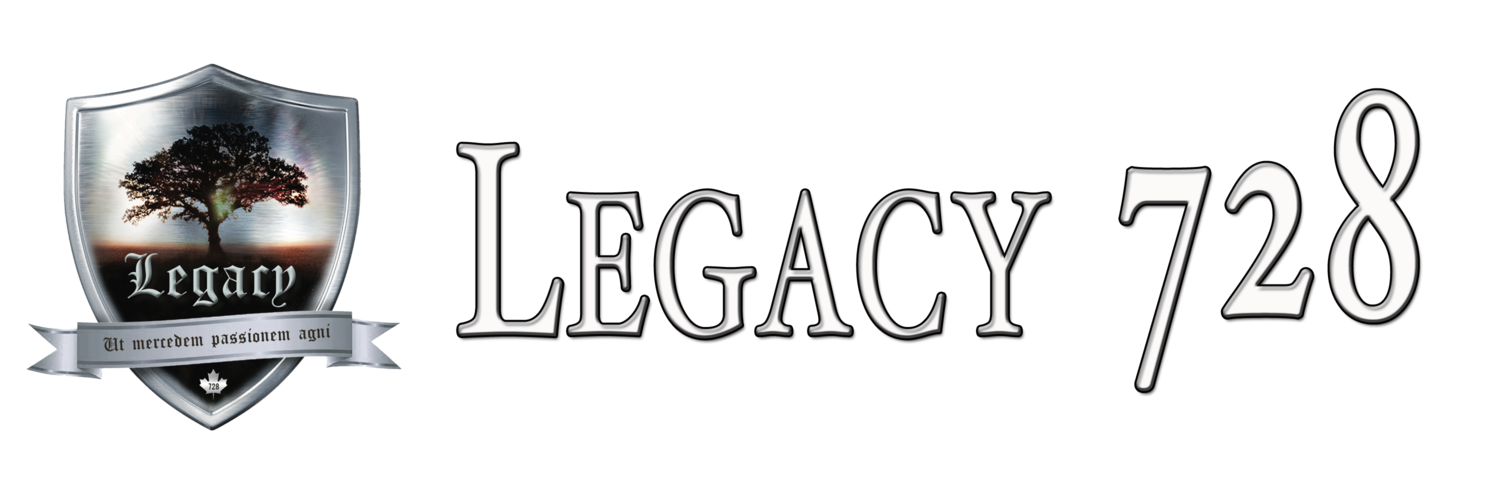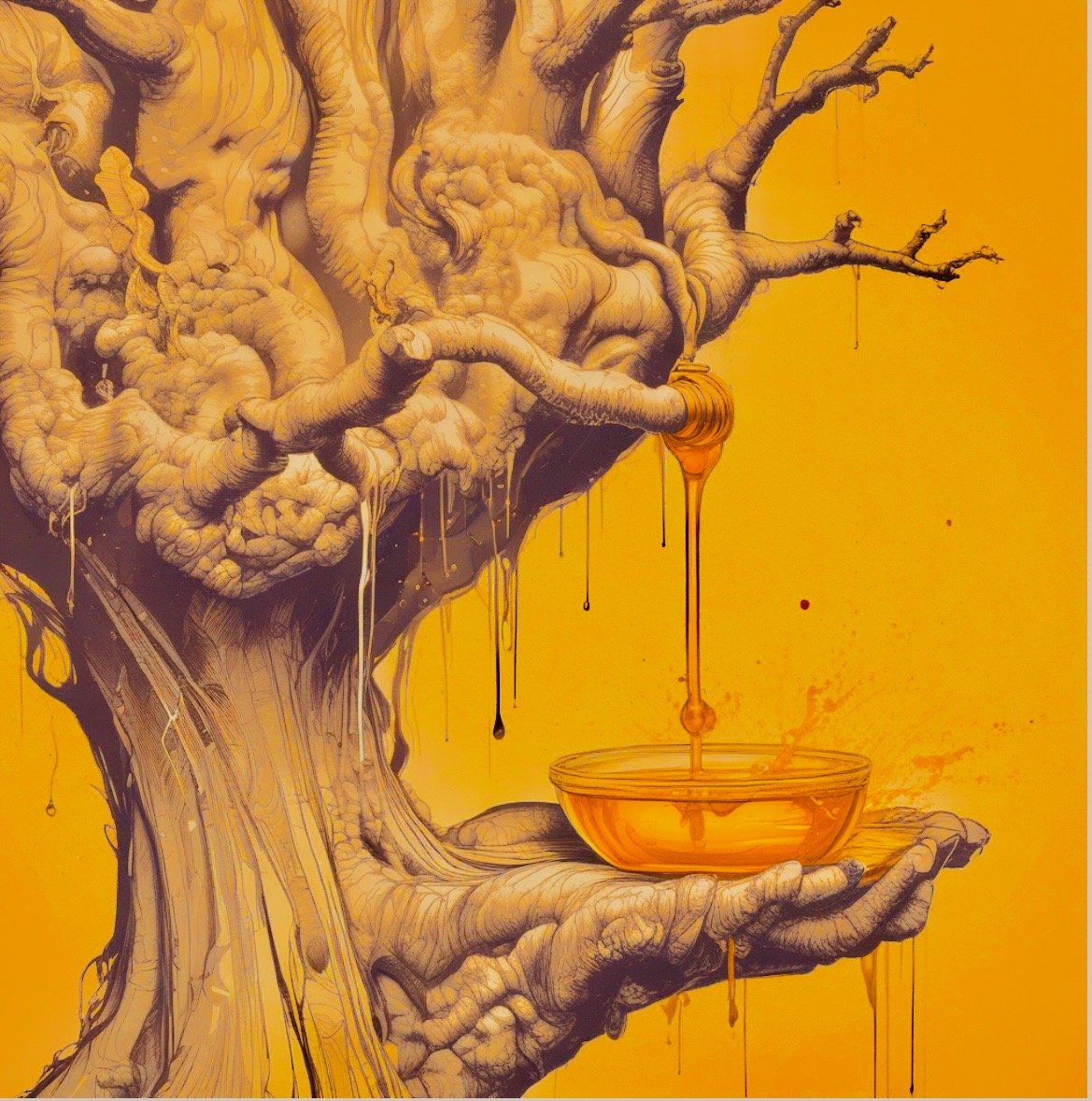Run Beyond the Oath
There’s a story about Jonathan that has always stayed with me.
In 1 Samuel 13, King Saul and his son Jonathan are leading Israel’s army. The odds are stacked against them—oppressed and outnumbered by the Philistines, Israel’s warriors are hiding in holes or have defected, now fighting alongside the enemy. Talk about embarrassing.
You might remember that Jonathan, accompanied only by his armor-bearer, decides to go up against a Philistine garrison. Just the two of them. It’s an incredible picture—faith and boldness walking side by side. But this isn’t the part I want to focus on.
“One day Jonathan the son of Saul said to the young man who carried his armor, ‘Come, let us go over to the Philistine garrison on the other side.’ But he did not tell his father.”
– 1 Samuel 14:1
Saul, meanwhile, is staying back in the outskirts of Gibeah, under a pomegranate tree. His company includes about six hundred men and a priest—yet no one realizes Jonathan is gone.
Between Jonathan and the enemy are two cliffs—one called Bozez (meaning slippery) and the other Seneh (thorny). That’s right—Jonathan and his armor-bearer literally descend into a path between a slippery slope and a thorny cliff to face a garrison of enemies.
Jonathan says:
“Come, let us go over to the garrison of these uncircumcised. It may be that the Lord will work for us, for nothing can hinder the Lord from saving by many or by few.”
– 1 Samuel 14:6
And his armor-bearer replies:
“Do all that is in your heart. Do as you wish. Behold, I am with you heart and soul.”
– 1 Samuel 14:7
What faith. What unity. They go forward, reveal themselves, and the Philistines mock them—but Jonathan knows this is the sign. God has given the enemy into their hands. They climb—on hands and feet—and together they kill about twenty men.
And then something divine happens.
“There was a panic in the camp, in the field, and among all the people. The garrison and even the raiders trembled, the earth quaked, and it became a very great panic.”
– 1 Samuel 14:15
A victory for one becomes a battle cry for all.
As Saul’s watchmen see the enemy camp in disarray, he scrambles to react. He calls for the ark, but while he’s still talking to the priest, the chaos grows louder. So Saul tells the priest to withdraw his hand—an interruption of protocol that reveals Saul’s instability.
Here’s the point:
God is often not where you think He is.
He wasn’t in the king’s tent. He wasn’t in the fire-starting moment on the stage in Babylon—He was in the furnace with the three Hebrew boys. He wasn’t in the wind, the earthquake, or the fire with Elijah—He was in the still small voice.
“He is not where you expect Him to be. That’s why we call it faith.”
Saul, chasing appearances and control, now makes a rash oath:
“Cursed be the man who eats food until it is evening and I am avenged on my enemies.”
– 1 Samuel 14:24
He doesn’t say until the Lord is avenged. He makes the battle personal. This oath is a control mechanism—not divine wisdom. And it causes unnecessary suffering. No one eats all day. Yet in the midst of the battle, Jonathan, unaware of the oath, finds honey dripping on the ground.
“He put out the tip of the staff… and put his hand to his mouth, and his eyes became bright.”
– 1 Samuel 14:27
Honey. A picture of God’s promise. A reminder of the land flowing with milk and honey. Refreshment in the middle of a battle. A gift from God.
And then comes the clash: someone tells Jonathan about the oath. And he responds with clarity:
“My father has troubled the land… how much better if the people had eaten freely today of the spoil of their enemies.”
– 1 Samuel 14:29-30
Here’s where I might lose some readers. I’m okay with that.
There are leaders—both in government and in the church—who have acted like Saul. In the heat of battle, they make “oaths” driven by fear, control, and ego. These aren’t divine strategies. They are attempts to maintain authority through coercion.
These “oaths”—whether policies, rules, or decrees—are rarely life-giving. They are designed to bring strife and preserve a sense of control. Saul’s oath was about food. Today’s leaders may not control your lunch, but they’ll try to control your voice, your obedience, your freedom to respond to God.
But here’s the prophetic insight:
When you walk in obedience, when you move toward the enemy of God’s people—not out of rebellion, but out of holy passion—you will find yourself beyond the reach of the oath.
You’ll find honey.
You’ll find God’s promise and provision waiting on the path of obedience, not behind the lines of fear.
Jonathan ate the honey because he was beyond the realm of Saul’s control. And even when Saul sought to kill him, the army stood in the gap and said:
“Shall Jonathan die, who has worked this great salvation in Israel? Far from it!”
– 1 Samuel 14:45
It’s embarrassing—convincing a father not to kill his own son because of a foolish vow.
And yet Jonathan continued to walk in honour. He even died beside his father in battle.
Leaders, hear me:
The balance of honouring God and honouring man is not easy. But we are called to do both.
Run beyond the oath. Run so far into obedience, into the enemy’s camp, into the land of promise, that when controlling forces try to catch you, they cannot. The honey will be there. The sustenance will be there. The voice of God will be there.
There is no law against love.
So when you act in love and obedience to God—don’t ask for permission. Don’t apologize for walking in what He has already spoken.
Eat the honey.
Let Him contend for you.
Love your leaders, even in their fear and foolishness.
But don’t let their fear stop you from following the voice of God.
Run beyond the oath.
Eat the honey.
—Written by: Gabe Voorhees

